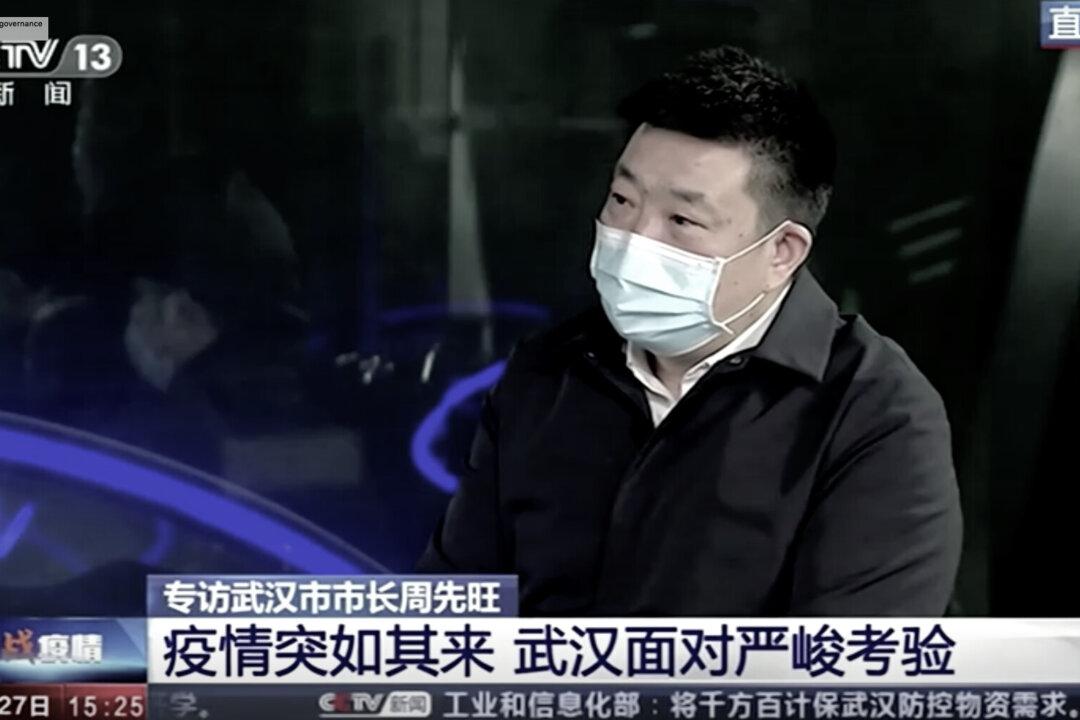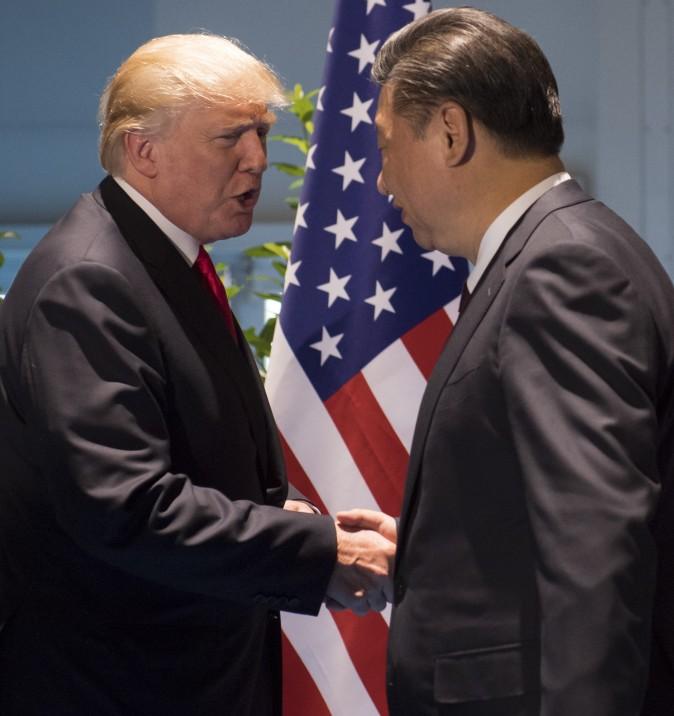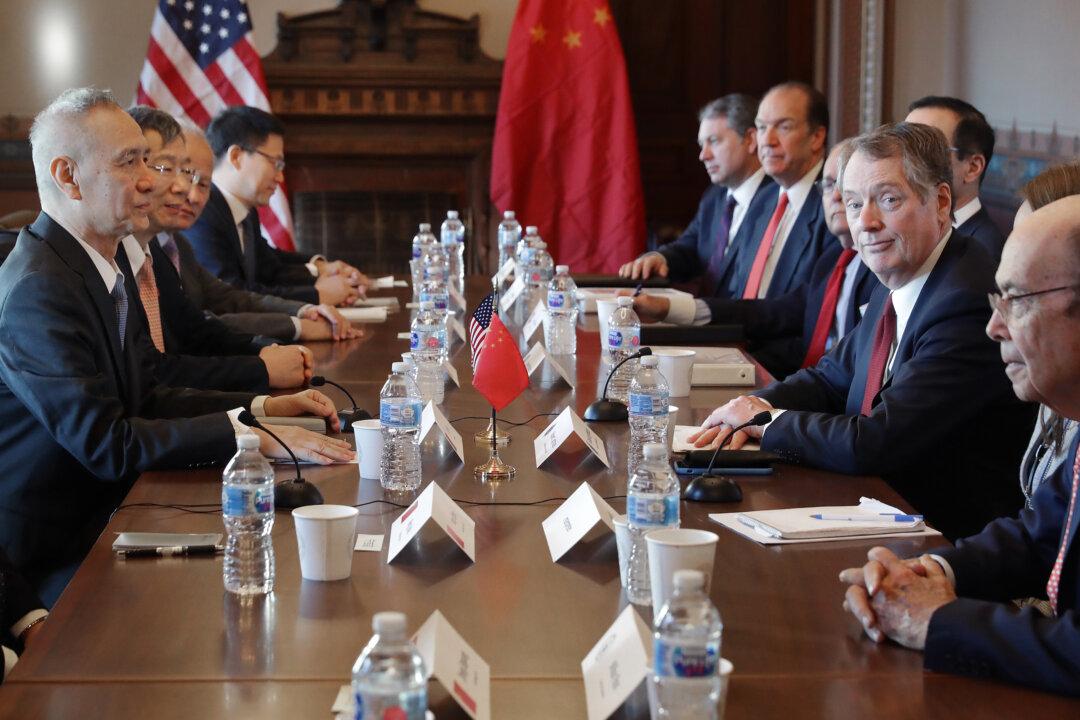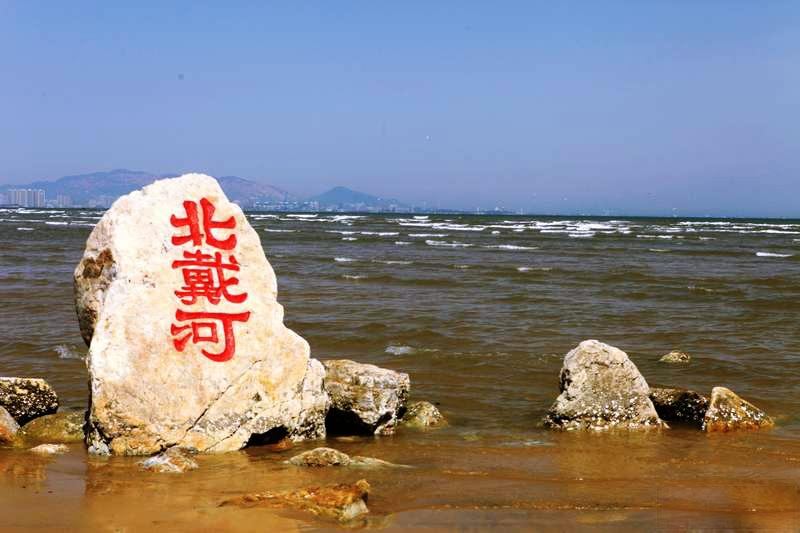Early in the morning of April 6, a court in China’s coastal Jiangsu Province reversed itself and decided to stop punishing a lawyer for practicing law. That grudging reversal—gained due to protests from lawyers and the public—may be a sign of bigger changes afoot.
On April 4, Beijing lawyer Wang Quanzhang was defending Falun Gong practitioner Zhu Yanian in the People’s Court in Jinjiang, a small town 100 miles west of Shanghai. Jinjiang police had abducted Zhu and his wife on Aug. 19, 2012. Police had ransacked their home and confiscated possessions such as Falun Gong books, satellite TV downlink facilities, a computer, and other private property.
In court, Wang condemned the police for subjecting the 69-year-old Zhu to three days of sleep deprivation. Wang argued that Zhu had broken no law by remaining true to his faith in Falun Gong. And Wang attempted to use his cell phone to snap pictures of evidence submitted in the case.
This last was apparently too much for the presiding judge to bear, as he had Wang’s phone confiscated. At the end of the day’s proceedings, he ordered Wang detained for 10 days on the grounds that he had used a “loud voice in court” and “disturbed the order of the court.”
China’s nascent civil society rose up. Nearly 100 people from all walks of life rushed to Jinjiang and demonstrated outside the court the next day. From all parts of China, 256 lawyers jointly signed a letter asking for the immediate release of Wang Quanzhang. More than 10 members of China’s National Bar Association Criminal Committee issued a joint statement showing their strong concern.
Thousands of Internet users posted messages supporting Wang Quanzhang, and Weibo, China’s most popular micro-blog, was filled with topics related to Wang, whose name quickly became one of the top 10 hot words.
No Censorship
The rallying to defend Wang, both online and in person in Jinjiang, was only possible because the news about his detention was not censored. In the past, the persecution of Falun Gong has been an untouchable subject in the state-run media, and reports about the suppression of lawyers defending Falun Gong practitioners would be quickly banned or deleted.
In 1999, then-Chinese Communist Party head Jiang Zemin feared that the Chinese people were more attracted to Falun Gong’s traditional moral teachings based on the principles of truthfulness, compassion, and tolerance than they were to the teachings of the Communist Party. He launched a campaign to eradicate this spiritual practice.
Since then, over a dozen attorneys in mainland China, such as Gao Zhisheng, Jiang Tianyong, Zhu Yubiao, and Jin Guanghong, have been suppressed and persecuted by the CCP because they dared to defend Falun Gong practitioners.
Gao Zhisheng, who penned open letters to top CCP officials to call for an end to the persecution, was first arrested in August 2006 and has most recently been in prison since April 2010. In the brief periods when he has been free, Gao has reported suffering severe torture while detained. As a result of the fate of Gao and others, many lawyers have dared not accept legal cases involving Falun Gong.
Bigger Issues
This suppression of lawyers was part of a larger phenomenon—the disintegration under Jiang Zemin of the movement within China toward the rule of law.
The outpouring of support for Wang Quanzhang was, then, not only about his individual case. The people of China seized upon his case to express their long-held desire for the rule of law.
Further, the support for Wang was also a rejection of the persecution of Falun Gong.
The media reports about Wang Quanzhang did not contain the words “Falun Gong,” but anyone with a discerning eye would easily know Falun Gong was the issue. Those who spoke up for Wang were also speaking against the persecution of Falun Gong, which Wang was jailed for opposing.
Those who objected to Wang’s detention have joined a general movement in Chinese society protesting the persecution of Falun Gong. Most recently, in March, 5,000 people from a small village in China’s northern Hebei Province signed a petition demanding a detained Falun Gong practitioner’s release.
This follows upon other petitions over the past few years garnering thousands of signatures as individuals have risked reprisal in order to oppose the persecution. One petition in northeastern Heilongjiang Province bore over 15,000 signatures.
Change at the Top
The open way in which Wang’s case could be discussed suggests a change at the top: Talking about the persecution of Falun Gong is apparently no longer considered taboo by the most authoritative elements in the Chinese regime. A recent article in mainland China’s Lens magazine that details the torture in China’s labor camps reinforces the impression that forbidden topics are now opening up.
Since Xi Jinping took office, he and Jiang Zemin have openly collided, notwithstanding the agreement reached at the Eighteenth Party Congress in November that retired Party leaders should not interfere in public affairs.
Jiang Zemin cannot abide by that agreement because he can’t risk being held accountable for his persecution of Falun Gong. He expended enormous amounts of money and national prestige for the sake of committing innumerable crimes against innocent Chinese.
This conflict between Jiang and Xi, between the old and the new, played out April 4 through 6 in Jinjiang. The presiding judge no doubt expected a bonus for his detaining Wang Quanzhang. That is how things had been done under Jiang Zemin. Instead, he found the censors refused to hide his actions, as they would have reliably done in the past, and the public heaped obloquy upon him.
At the same time, the events in Jinjiang leaped from the pages of China’s state-run newspapers into the news reports filed by international media. Suddenly, the persecution of Falun Gong, which Jiang Zemin had managed mostly to keep out of the world’s mainstream media, made it back into the world’s attention.
Lawyers like Wang Quanzhang and Gao Zhisheng have always understood that the defense of Falun Gong practitioners was the test case for achieving a China ruled by law. The release of Wang on the morning of April 6 from detention was a small step toward that long-deferred dream.
But Wang’s release does not begin to address the bigger problem facing the Chinese regime’s leadership. Ending the persecution of Falun Gong is the unavoidable trial that leadership now must face.
Translated by Lu Lu. Written in English by Stephen Gregory.




